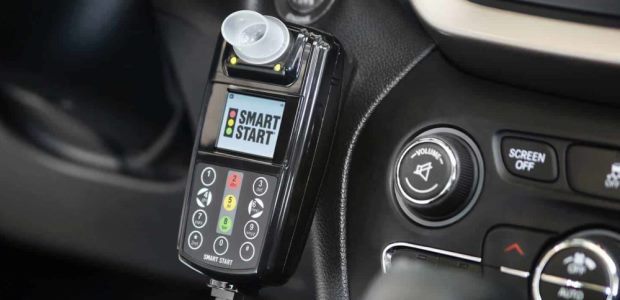
California's Ignition Interlock Law Takes Effect Jan. 1
From Jan. 1, 2019, to Jan. 1, 2026, the law mandates that repeat offenders for driving under the influence and first DUI offenders whose violations resulted in injury install an ignition interlock device for a period ranging from 12 to 48 months.
The California Department of Motor Vehicles posted a reminder this week to inform the public about some new laws or changes to existing law that are taking effect Jan. 1, 2019. A key one is the law mandating ignition interlock devices for some offenders.
From Jan. 1, 2019, to Jan. 1, 2026, this law mandates that repeat offenders for driving under the influence and first DUI offenders whose violations resulted in injury install an ignition interlock device for a period ranging from 12 to 48 months. The law also allows those who receive a suspension under the Administrative Per Se law to obtain an IID-restricted driving privilege and receive credit toward their required IID restriction period if they are later convicted of a DUI. These provisions apply to DUI violations that involve alcohol or the combined use of alcohol and drugs; they do not apply to drug-only violations.
In addition, courts have the discretion to order a non-injury first DUI offender to install an IID for a period of up to 6 months. If the court does not order IID installation, a non-injury first offender may apply for a driver license for IID restrictions or restrictions that allow them to drive to, from, and during their employment and to and from a DUI treatment program for 12 months. Previously, an IID pilot program was in effect only in Alameda, Los Angeles, Sacramento, and Tulare counties.
Another new law says bicycle helmets are no longer required for riders of motorized scooters who are 18 or older. It amends existing law to prohibit a person from operating a motorized scooter on a highway with a speed limit greater than 25 miles per hour, unless it is within a Class IV bikeway as well as a Class II bikeway. The law allows local authorities to authorize the operation of motorized scooters on roads with speed limits up to 35 miles per hour outside of a Class II or Class IV bikeway.
A law on unsecured loads on vehicles requires the California DMV to include at least one question addressing laws pertaining to driving with an unsafe, unsecured load in at least 20 percent of the knowledge tests administered to driver license applicants. Unsecured loads, such as ladders, buckets and loose items in the back of pickup trucks, can be dangerous for motorists when they fall onto the road, so all vehicle loads must be covered or secured, according to the agency.